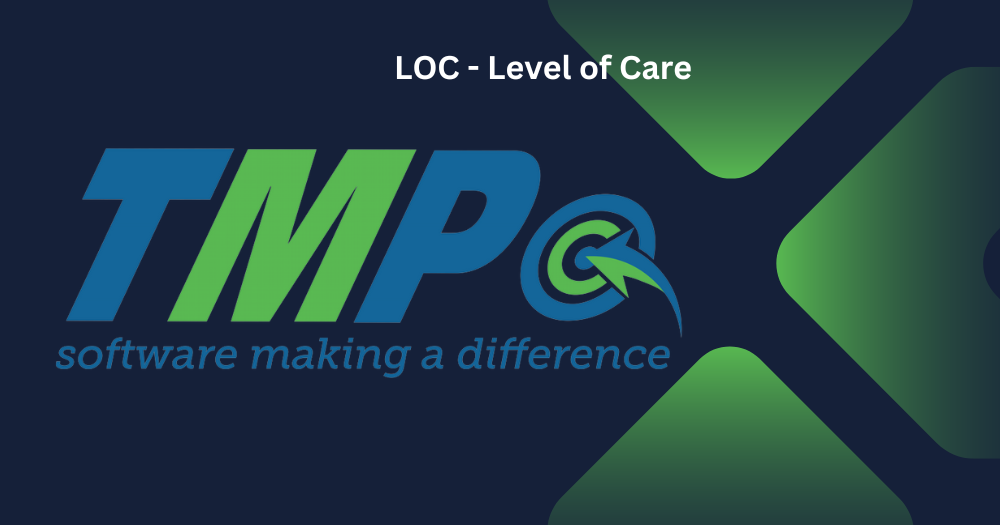In the context of Intellectual and Developmental Disabilities (IDD) services, Level of Care (LOC) refers to the assessment and classification of an individual’s needs and the type and intensity of services required to support their health, safety, and well-being. LOC determinations are often used to determine eligibility for Medicaid waiver programs or other state-supported IDD services.
Key Aspects of Level of Care in IDD:
- Definition:
- A standardized framework for evaluating the level of assistance an individual needs in various domains, such as daily living skills, medical care, behavioral supports, and community integration.
- Purpose:
- Eligibility Determination: Used to determine whether an individual qualifies for specific programs, such as Medicaid waivers like Home and Community-Based Services (HCS) or Intermediate Care Facilities for Individuals with Intellectual Disabilities (ICF/IID).
- Service Planning: Guides the development of an Individual Plan of Care (IPC) by identifying the appropriate types and intensities of services.
- Assessment Tools:
- LOC determinations are often based on comprehensive assessments, such as the Inventory for Client and Agency Planning (ICAP) or similar tools, which evaluate:
- Functional Abilities: Skills in areas like self-care, mobility, and communication.
- Behavioral Needs: Presence of challenging behaviors requiring intervention.
- Medical Complexity: Health conditions requiring specialized care or oversight.
- LOC determinations are often based on comprehensive assessments, such as the Inventory for Client and Agency Planning (ICAP) or similar tools, which evaluate:
- Categories of Care: While specifics vary by state or program, common LOC categories in IDD include:
- Minimal Support: Individuals require occasional assistance or supervision.
- Moderate Support: Regular support is needed for daily living activities or behavioral challenges.
- Intensive Support: High levels of assistance, including 24/7 supervision or medical care, are required.
- Reevaluation:
- LOC assessments are typically reviewed annually or when there is a significant change in the individual’s circumstances to ensure services remain appropriate.
Role in IDD Programs:
- Medicaid Waiver Programs:
- LOC determinations are critical for accessing waivers like Home and Community-Based Services (HCS) or Texas Home Living (TxHmL) in Texas.
- These programs often require individuals to meet the criteria for an Intermediate Care Facility for Individuals with Intellectual Disabilities (ICF/IID) level of care to qualify.
- State-Supported Living Centers (SSLCs):
- LOC assessments determine eligibility for placement in institutional settings or facilitate transitions to community-based services.
- Person-Centered Planning:
- LOC determinations help tailor services to the individual’s unique needs and preferences, promoting independence and community inclusion.
Importance of Level of Care:
- Equitable Resource Allocation: Ensures individuals with the highest needs receive appropriate resources and supports.
- Accountability: Provides a consistent framework for evaluating needs and planning services.
- Quality of Life: Ensures services align with the individual’s goals, preferences, and health and safety needs.
In summary, Level of Care is a foundational concept in IDD services, shaping eligibility, service delivery, and the overall approach to supporting individuals in achieving their best possible quality of life.

